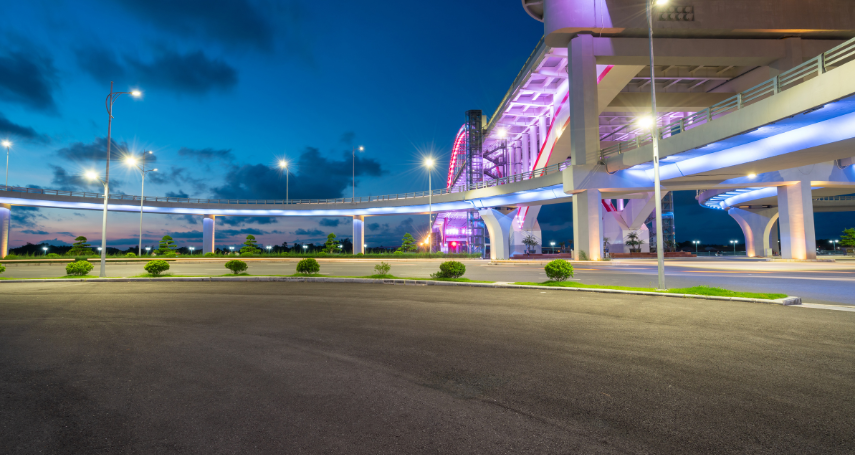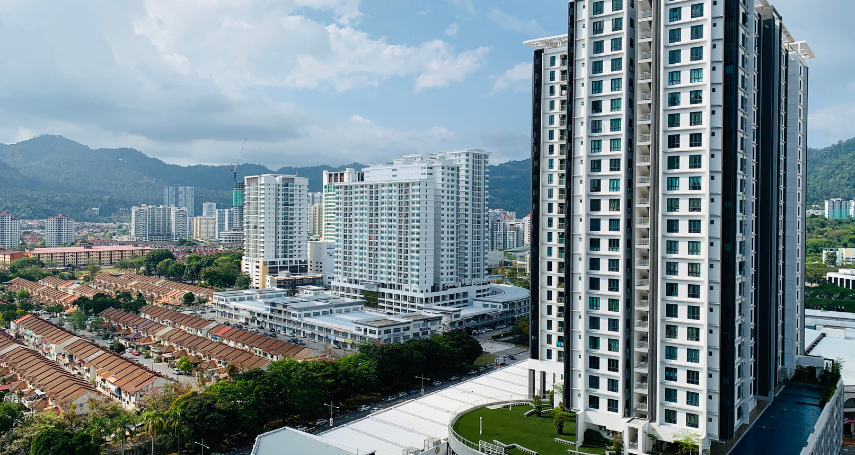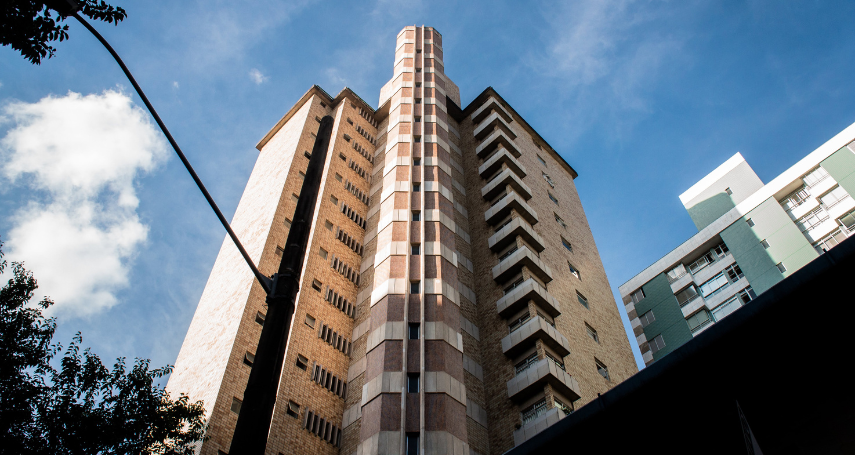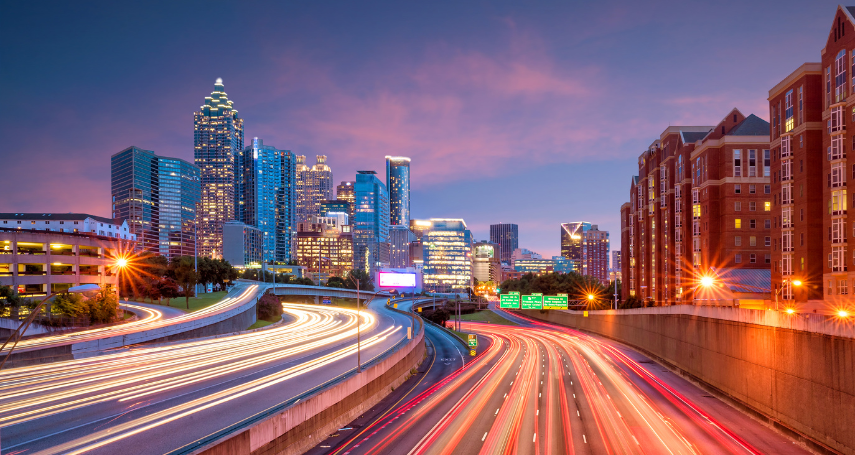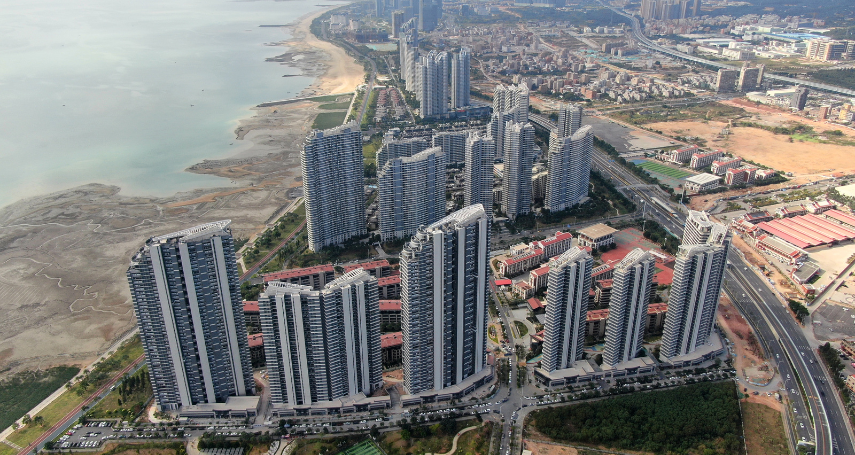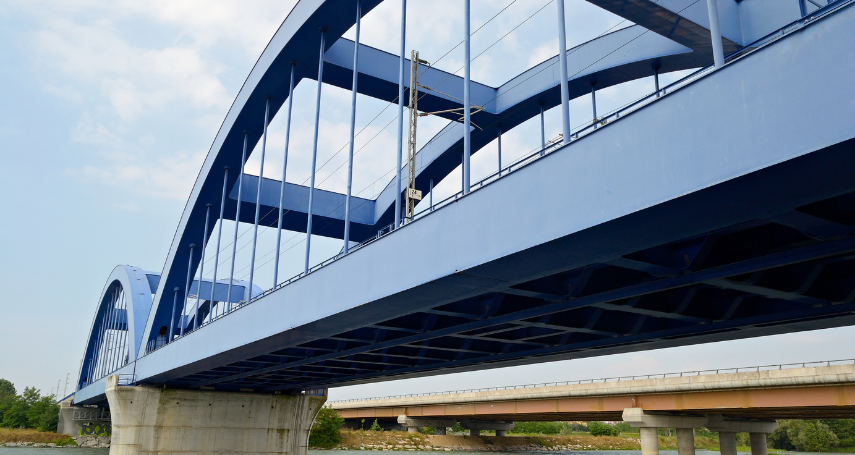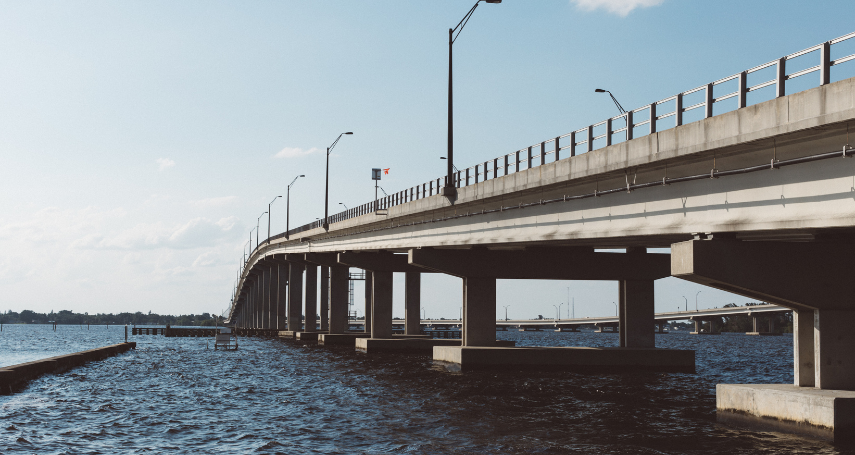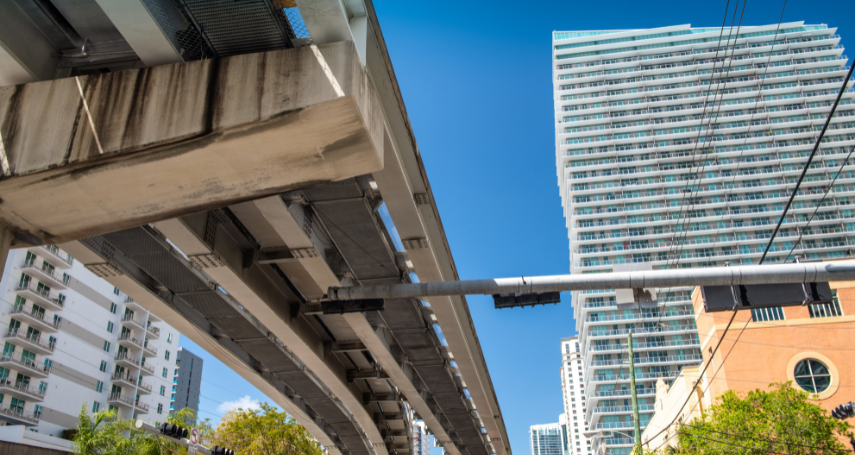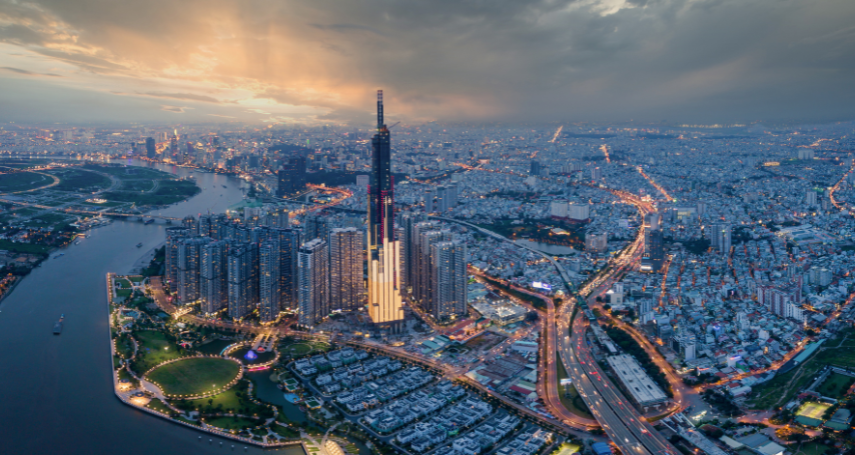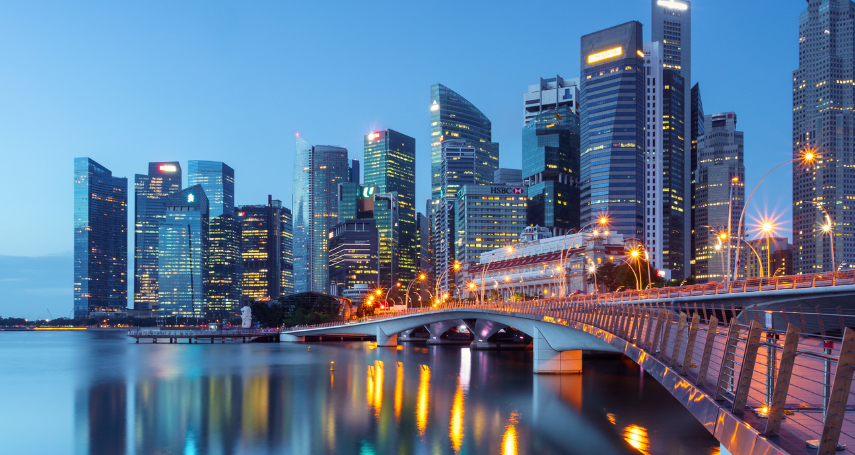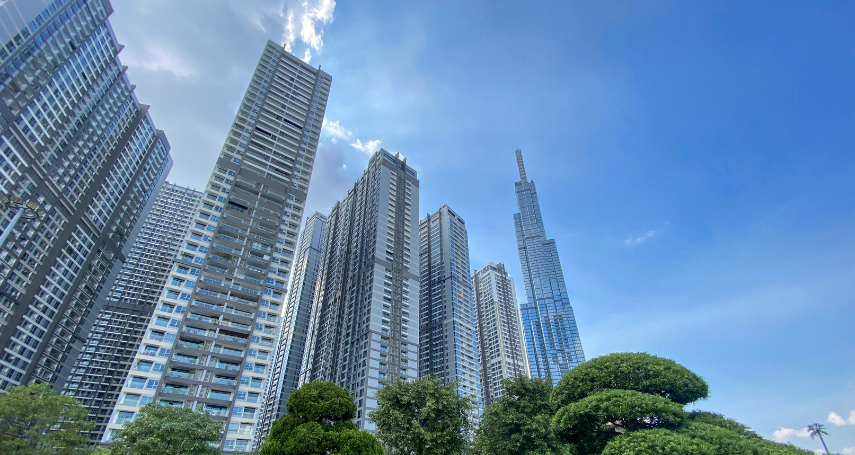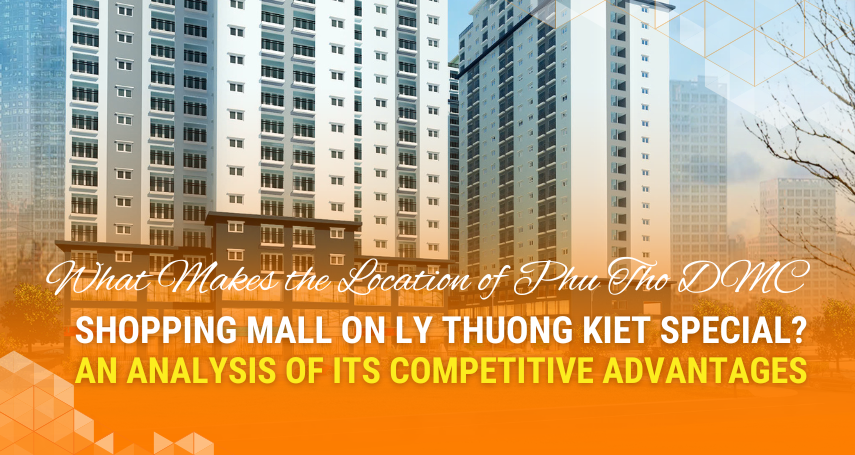As Vietnam pushes forward with industrialization and modernization, foreign investment in Vietnam’s infrastructure has become a key driver of growth. With infrastructure needs estimated at tens of billions of USD annually, attracting FDI and implementing PPP infrastructure projects are seen as vital strategies.
Strategic areas of focus include transport (roads, railways, ports, airports), energy (renewables, smart grids), and smart urban infrastructure. The momentum of international investors is rapidly shifting toward Vietnam due to political stability, strong GDP growth, and significant infrastructure demand.
Policies for Attracting FDI into Infrastructure
1. Strong government commitment
Infrastructure development is a national priority in Vietnam’s 2021–2030 strategy. The PPP Law (2020) and subsequent decrees provide a clearer legal framework for investors.
The government also promotes investment by:
-
- Reducing administrative procedures.
- Enhancing transparency and anti-corruption measures.
- Offering stable tax incentives for strategic infrastructure projects.
- Reducing administrative procedures.
2. Flexible PPP mechanisms
Vietnam widely applies Public–Private Partnerships (PPP) in transport projects such as expressways, airports, and seaports. Investors can participate under BOT, BOO, BT models, allowing risk-sharing and long-term returns.
3. Incentives for FDI
International investors in infrastructure enjoy:
-
- Corporate income tax exemptions and reductions.
- Preferential long-term land leasing.
- Access to ODA and green financing from WB, ADB, and JICA.
- Corporate income tax exemptions and reductions.
Discover now: FDI opportunities in Vietnam’s railway infrastructure
These mechanisms make Vietnam an attractive destination for infrastructure FDI in the Southeast Asian region.
Notable FDI Projects
1. Transport infrastructure
-
- Hanoi Metro & HCMC Metro: funded by Japanese ODA, with contributions from South Korea and European partners.
- North–South Expressway attracts interest from Japanese and Korean investors.
- Cai Mep–Thi Vai Port developed with Maersk and Hutchison.
- Hanoi Metro & HCMC Metro: funded by Japanese ODA, with contributions from South Korea and European partners.
See details: North-South high-speed railway: New driving force for Vietnam’s economy
2. Energy & smart grid
-
- Offshore wind farms in Binh Thuan and Ninh Thuan: investments from Denmark and Norway.
- Solar farms in Tay Ninh and An Giang: backed by Singaporean and Thai groups.
- Smart grids: cooperation with Siemens (Germany) and Hitachi (Japan).
- Offshore wind farms in Binh Thuan and Ninh Thuan: investments from Denmark and Norway.
3. Urban & logistics infrastructure
-
- Smart city in Dong Anh (Hanoi) funded by Japanese capital.
- Logistics hubs in Hai Phong and Long An supported by Singapore and South Korean investors.
- Smart city in Dong Anh (Hanoi) funded by Japanese capital.
See also: Impact of railways on logistics & freight transport
These projects demonstrate that infrastructure FDI is expanding into many fields, creating large spillover effects on industrial real estate, logistics and the labor market.
A-Connection – a Partner in Infrastructure FDI
In this wave of FDI in Vietnam’s infrastructure, local enterprises act as crucial bridges. A-Connection, with its expertise in MEP, fire protection, and infrastructure solutions, can support:
-
- Collaborating with international contractors on EPC projects.
- Providing technical systems for metro stations, depots, and logistics hubs.
- Acting as a reliable local partner, ensuring compliance and on-time delivery.
- Collaborating with international contractors on EPC projects.
Rather than being a front-facing investor, A-Connection plays a practical role as a trusted enabler, helping translate FDI commitments into tangible infrastructure projects.
Discover now: Comprehensive service solutions at A-Connection
The trend of foreign investment in Vietnam’s infrastructure is accelerating, offering Vietnam both financing and technology to meet its ambitious growth goals. With government incentives, PPP models, and strong market demand, Vietnam is expected to remain a hotspot for infrastructure FDI in the coming decade.
Partnerships between international investors and domestic firms such as A-Connection will be key to unlocking the full potential of these projects and positioning Vietnam as a rising infrastructure and logistics hub in Asia.

